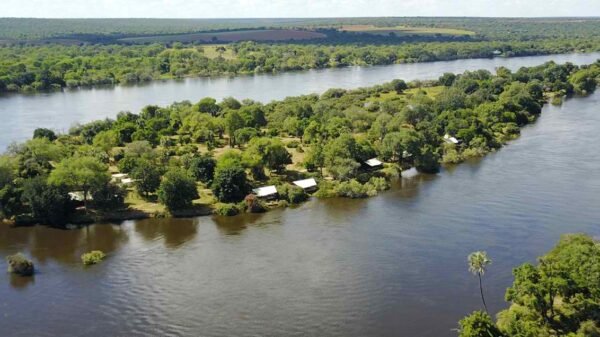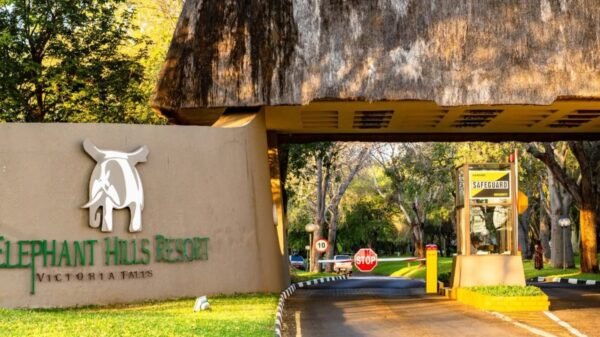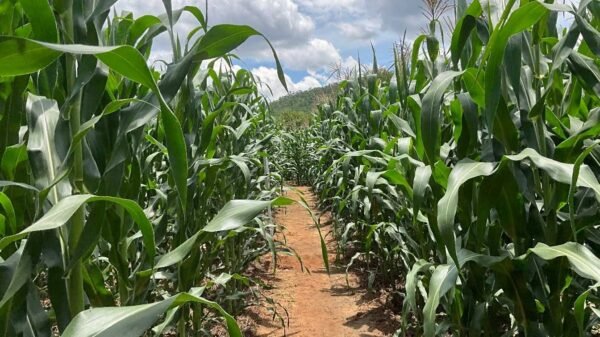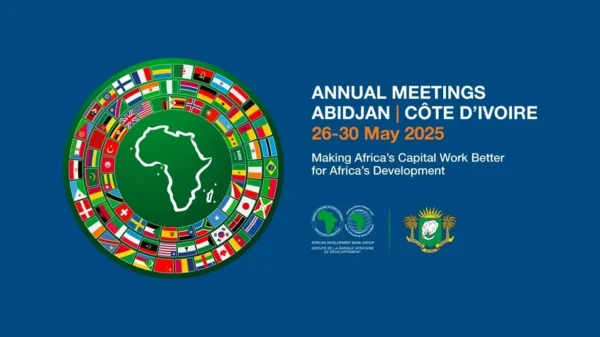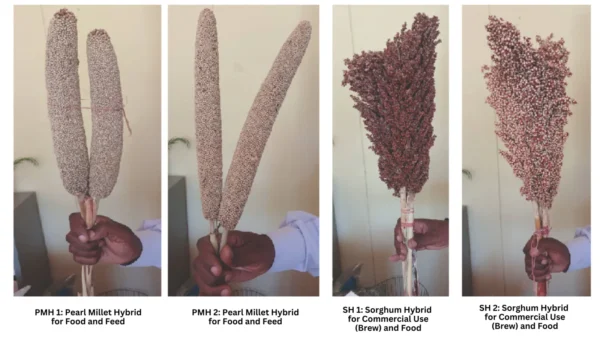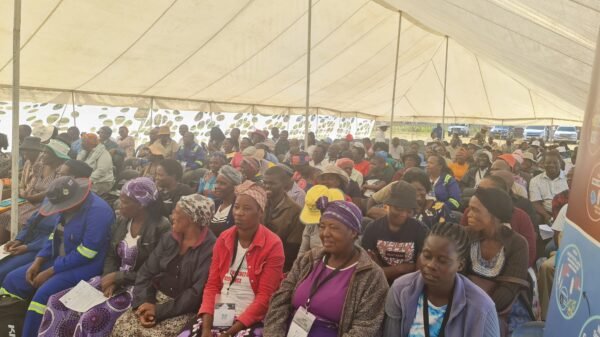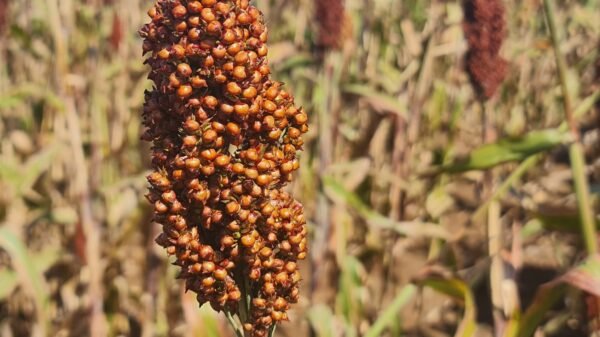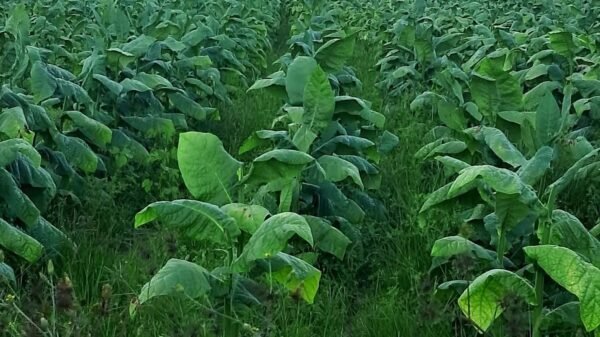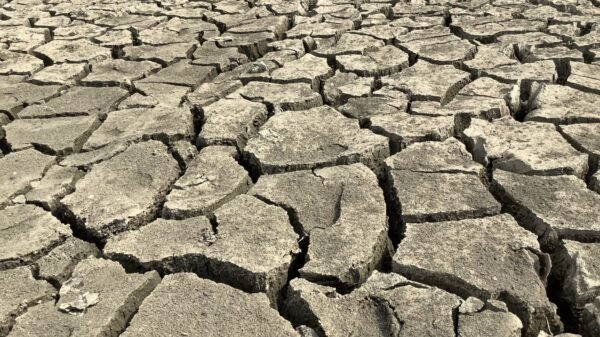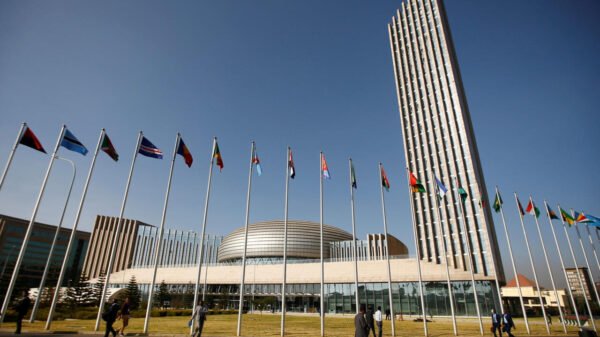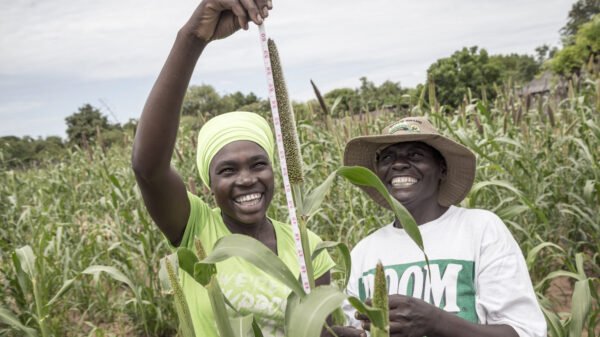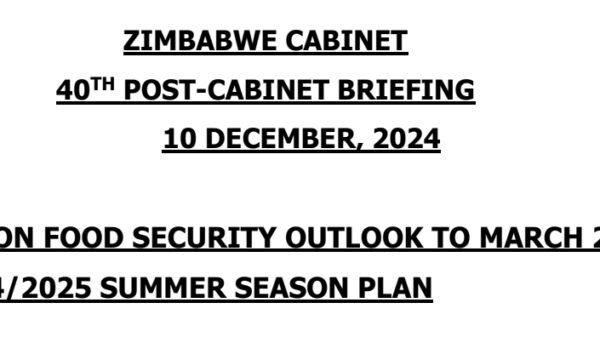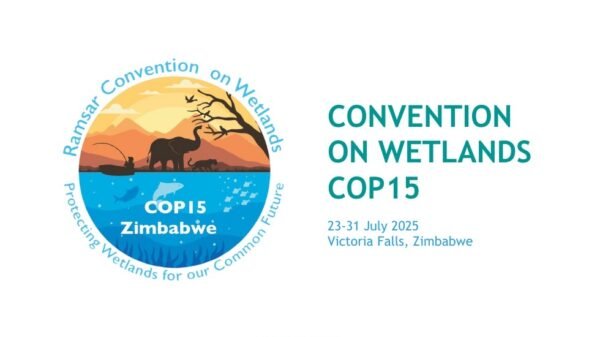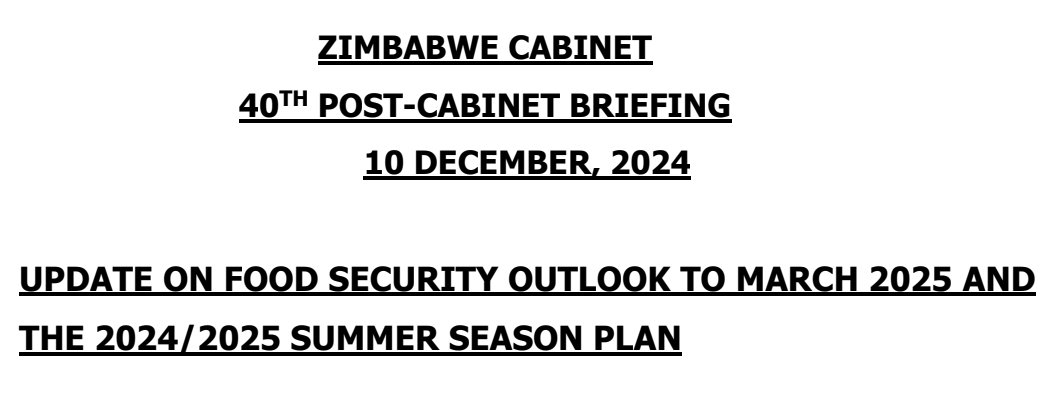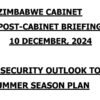Staff Writer
AS the climate crisis continues wreaking havoc, with a mid-season dry spell in early December 2024 ratcheting up temperatures to record levels, the Zimbabwean government has devised a Multi-Hazard Contingency Plan for the 2024-2025 rainfall season.
Early-planted crops were already showing signs of wilting by the end of the first week of December, setting off alarm bells in a country ravaged by severe hunger attributed to the 2023-2024 El Niñ0-induced drought.
Foreign Affairs and International Trade minister Amon Murwira — the acting chairperson of the cabinet committee on environment, disaster prevention and management — presented the document to cabinet on 9 December.
The plan outlines the government’s contingency strategy for tackling cyclones, floods, landslides, severe thunderstorms, heatwaves and disease outbreaks.
Information minister Jenfan Muswere told a post-cabinet briefing that the authorities still anticipate a “normal to above-normal” rainfall season, despite the dry spell which has rattled farmers who are spooked by fresh memories of last season’s devastating drought.
“Regarding the current dry spell, agronomic advisory from Agritex [Agricultural and Technical Extension Services] should guide farmers at the local level. A prediction by the Meteorological Services Department of normal to above-normal rainfall is still in place.”
But farmers who planted at the start of the early rains in October say their crop is suffering from moisture stress and could eventually wilt, if the rains do not resume soon.
Prominent agronomist and chairperson of the Agricultural and Rural Development Authority board Ivan Craig (watch video) advised the farmers not to give up, saying they could utilise the dry spell by weeding the fields.
Not all farmers have irrigation facilities, and this failure to provide critical agricultural infrastructure has left Zimbabwe highly vulnerable to the climate crisis.
Video credit: Ivan Craig.

